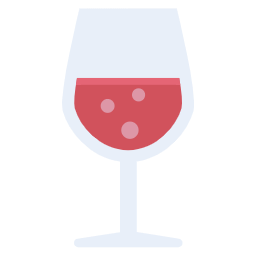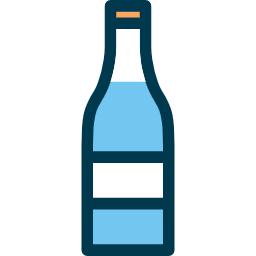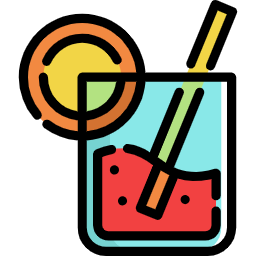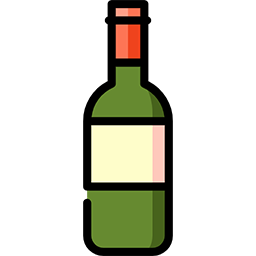Strong pint of beer / lager (658ml)
3 units
Too much alcohol can put us at risk of illnesses like liver disease, stroke, and cancer.
There isn’t a “healthy” amount of alcohol but drinking less than 14 units per week helps reduce health risks.
Strong pint of beer / lager (658ml)
3 units

1 medium glass of wine (175ml)
2 units

Bottle of alcopop (275ml)
1.4 units

1 single measure of spirits
1 unit

Bottle of wine
10 units
There are so many benefits to drinking less, you’ll have more energy, sleep better, lose weight, lower your blood pressure, and cut your risk of getting sick. You’ll save money too!
Here are a few tips you can try to drink less:
Get to know what you’re drinking and tailor your intake to within the 14 unit weekly limit by visiting Drink less – Better Health – NHS.
You can find out more about cutting down and get advice for next steps – including how to avoid slipping into unhealthy drinking habits – at any of the following websites:
For services in your borough that can support you to drink less, check MECC Link London or use the link at bottom of this page.
Download the NHS Drink Free Days app free for tips and advice to your mobile device too (Apple store, Google Play).
If you are worried about using other substances, or addiction, your GP can be a good place of support. They can talk about your concerns and could offer treatment at the practice or refer you to local services.
You can also speak to local support services yourself. Visit FRANK or call 0300 123 6600 to talk about your options.
You can learn more about addiction and support on Drug addiction: getting help – NHS.
There are also charities and private drug and alcohol treatment organisations that provide support. You can see a list of options on Find support – ADFAM. Adfam also offer support to families and people who are close to people struggling with drug or alcohol addiction.